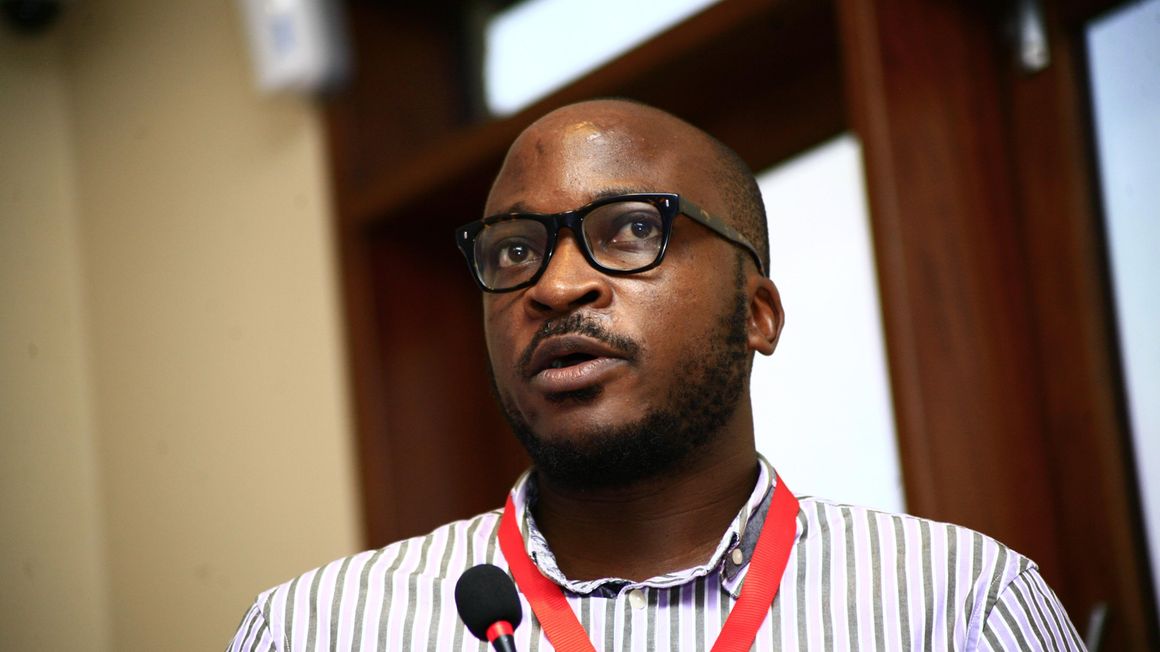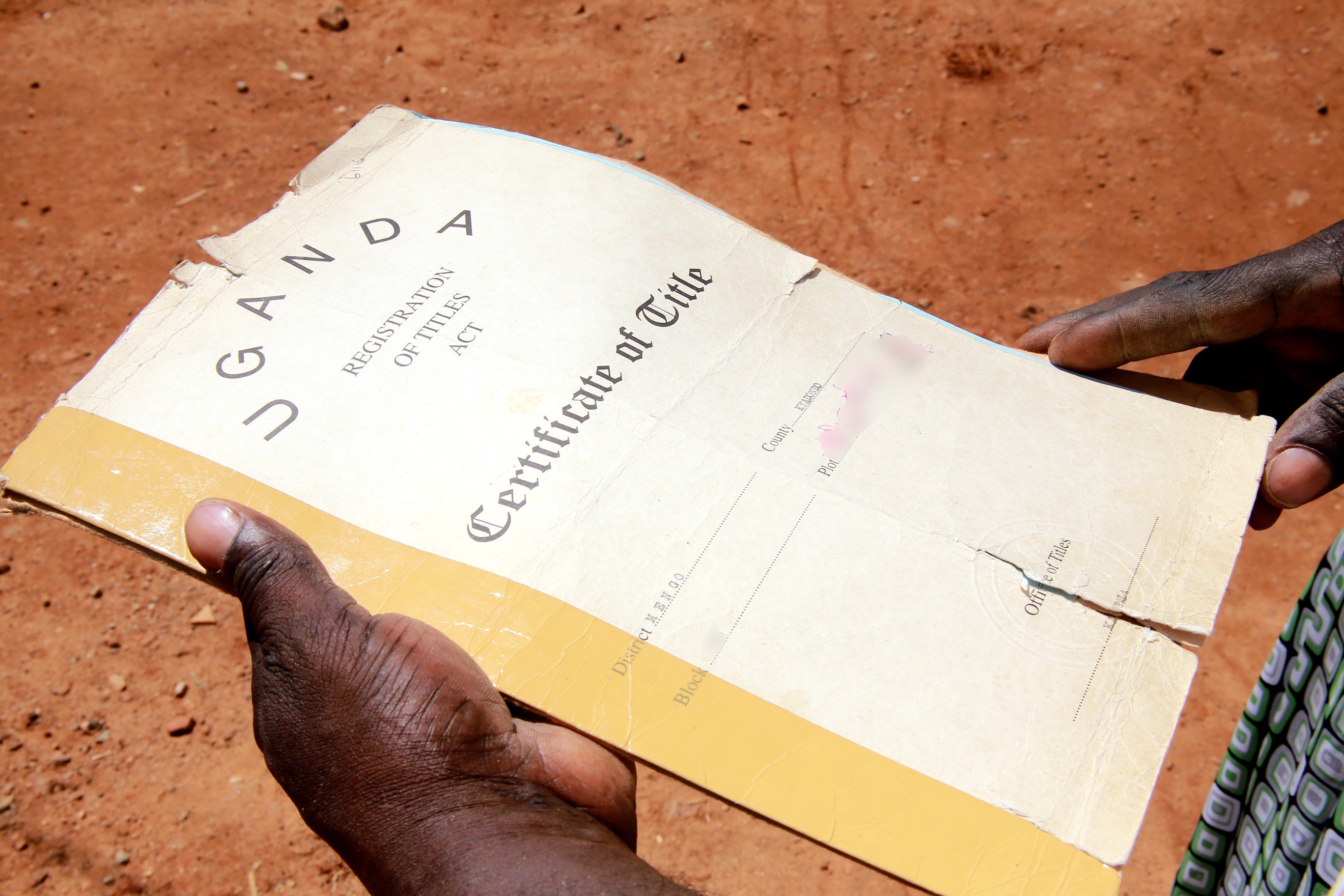How to make head and tail of the political casino as campaigns start

General Manager Editorial at Nation Media Group- Uganda Mr Daniel Kalinaki, said the Media Council lacks quorum as it is not fully constituted. PHOTO/FILE.
What you need to know:
- Poorer voters, it turns out rather counterintuitively, are cheaper: A jerrycan of aviation fuel-grade waragi costs less than a crate of beer, but can power the take-off and landing for a small-sized village.
It is election campaign season so I took the time to ask a friend, who also happens to be a Member of Parliament, to tell me the current price of power. No, not electricity, dummy, which we all know to be expensive, but political power.
In a nutshell, an aspiring MP can expect to spend a minimum of Ush200 million to have a fighting chance, but this number could rise steeply depending on whether they have to fight a party primary first, how big their constituency is, how strong their opponent(s) are, and how poor their voters are.
The average tends to be around 500 million, although there are races in which winners have spent Shs2b.
Poorer voters, it turns out rather counterintuitively, are cheaper: A jerrycan of aviation fuel-grade waragi costs less than a crate of beer, but can power the take-off and landing for a small-sized village.
If we take an average of Shs500m and estimate the average MP monthly taking (for it is a taking, innit?) to be Shs30m, this would represent a gross income of about Shs2b over the course of the term, including car allowances. A Shs500 million investment that grosses a three-fold (300 per cent) return over five years is pretty decent, in any currency, for it translates into a 60 per cent annual return – shylock territory.
However, like most successful bank robberies, the numbers only work if it is a one-off hit job. You risk the 500 pieces, win, then drop your old SIM card through the window as soon as you see the ‘Welcome to Kampala City’ signposts. Down with democracy, long live white collar crime!
Problems inevitably set in with greed – and the need to hit the taxpayer bank again, or as it is more politely called, seek re-election. This requires splitting the stash with the voters on a monthly, the equivalent of throwing notes out of the getaway car to distract pursuers.
If we take a monthly spend of Shs5m, that’s Shs300 million in operating expenses over the term. Throw in another Shs150 million in capex – an ambulance here, sewing machines there – and your net income drops to Shs1b and Shs50m change, which is still a doubling of your money over five years, or a 20 per cent return.
This is the point at which a clever punter leaves the casino; at least one in two MPs never makes it back for a second term. But power is addictive, as is winning. An MP seeking re-election now has his original investment back and half a billion, ceteris paribus, to throw back into the pot.
If they put this money in long-term government paper, they can net about Shs10m a month and never have to contribute to another godamned funeral/party/graduation/baptism/immunisation/tooth-pulling if they don’t want to. Or they can play the casino again, with a one-in-two chance of losing their money.
Let’s put it this way: If you had Shs500m in your pocket and were offered a chance to toss a coin where you could either double it or lose it all, what would you do? Most people I know will take their packet and live on a hassle-free guaranteed five million a month (with no mucous-filled babies to carry and pretend to like while campaigning).
But every five years or so, more than a hundred folks head back to the casino and play their hand again with failure guaranteed. What it effectively means, after they have lost, and assuming that the price of power hasn’t risen significantly, is that they find themselves with the same Shs500m they started with a decade earlier.
If they are lucky and were frugal, they might have a house or a piece of land to show for it. If not, they tend to seemingly disappear off the face of the earth, not out of shame of defeat, but mostly to hide from loan sharks.
In case it still doesn’t make sense, by making a few political offices highly lucrative, it has turned it all into a casino, a gambler’s paradise. If you want to stop the dancing you have to turn off the music and cut what we pay politicians.
Mr Kalinaki is a journalist and poor man’s freedom fighter.
[email protected] @Kalinaki




